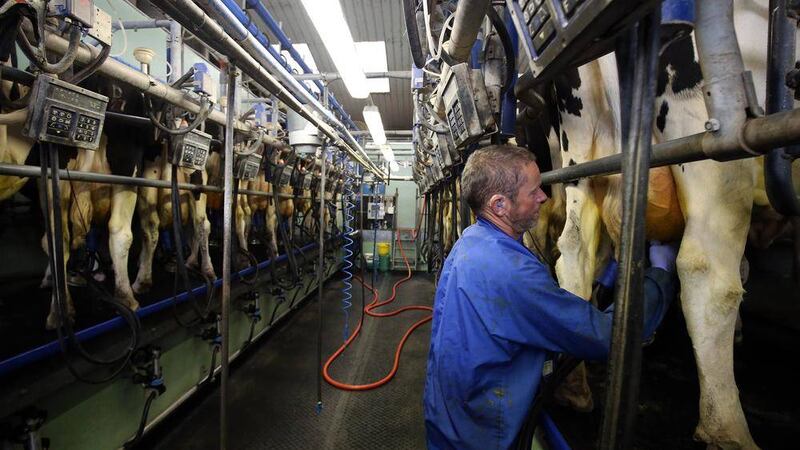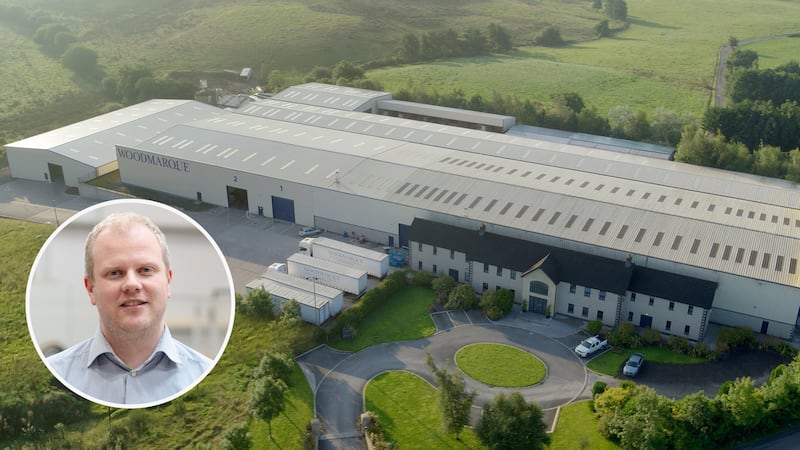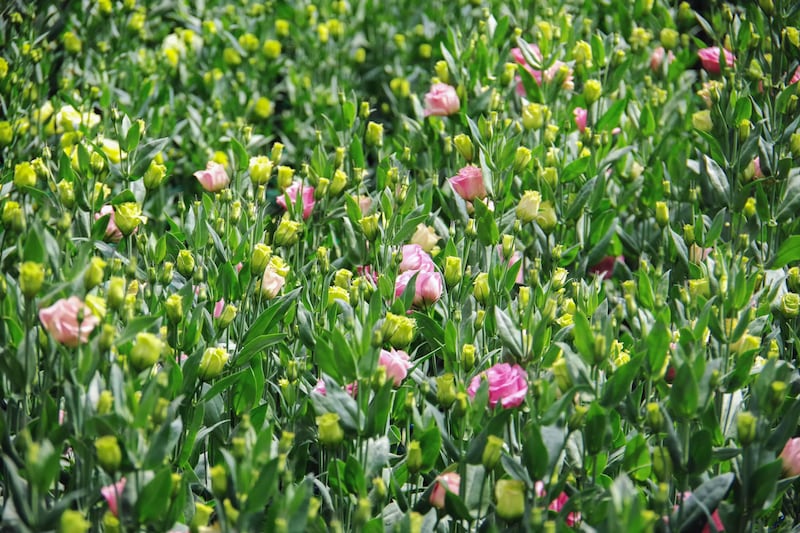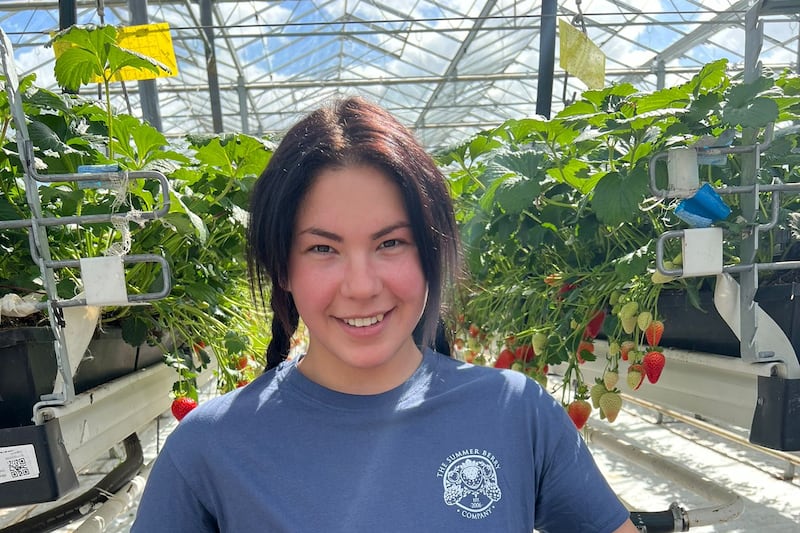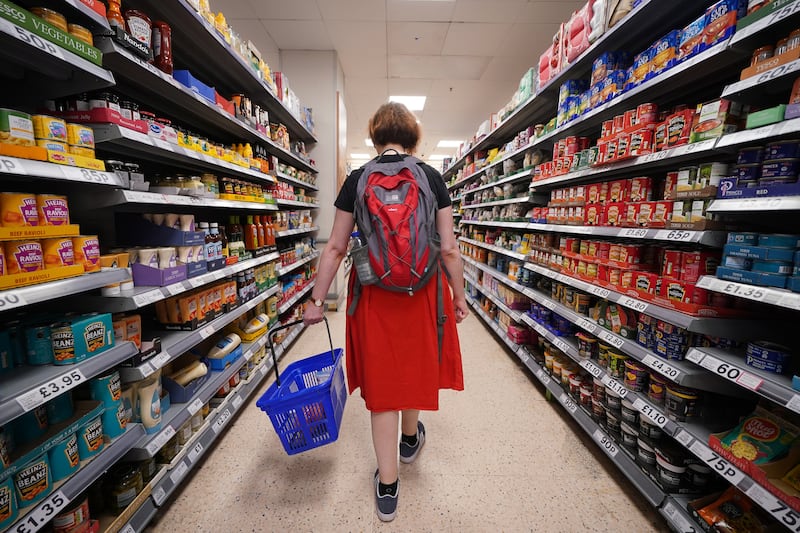NORTHERN Ireland is blessed with a climate to produce good, high quality food from grass, and sells produce to highly-sophisticated local food processors who in turn have good routes to market, particularly in GB. We have well-trained, business-focused young farmers from our agri colleges. The industry is supported through Dard, Cafre and Deti, and is recognised as being a core part of the economy. The agri-food sector is very resilient, having grown steadily through the economic downturn. Nearly 80 per cent of the food produced here is exported and the demand for food across the globe will rise steadily over the next 30 plus years.
So, what's the problem?
The fortunes of farmers and farming have always been buffeted by a wide range of factors. From weather, disease and EU legislation, through to exchange rates and supply and demand, there is constant change. Most of these are beyond farmers’ control, but can have a major impact on farm businesses. Farmers are well used to these challenges and to taking the longer term view. What has changed in recent years is the huge volatility in prices of both inputs and outputs, and the effects of exchange rates.
The sudden and unexpected shifts in global prices are significant in their impact on individual farms. Years ago these effects were confined to pig, potato and mushroom farmers, while most other sectors were given some protection through EU intervention, export refunds and even compensation during periods when exchange rates were unfavourable. Farmers moved into other, better-protected sectors, or else they worked with others in the supply-chain to build a more robust industry.
The result is that today's pig, poultry and mushroom sectors are better integrated, with good communication and shared-risk along the supply chain. They are still impacted by all the usual challenges, but are much less exposed to the full effects of the global market because they have evolved structures to better insulate themselves.
Unfortunately our two biggest sectors, milk and beef, are fully exposed to the market and have not yet adapted to the new environment. The result is that dairy farmers had a good 2013/14, with prices above 30 pence-per-litre, but the 15/16 year will be one of the worst, with virtually all farmers producing milk at below the cost of production.
All-in, the supply chain, including banks, will try to support dairy farmers as best they can. Many face a difficult autumn/winter and, even as prices improve through 2016, the additional debt will need to be repaid. The crisis in the dairy sector is caused by global supply and demand but as net exporters, trading with a strong pound leaves our processors less competitive versus competitors in euroland.
Sterling has strengthened considerably against the euro in the last 12 months. Again it’s a factor beyond farmers’ control, and again has a significant impact on farm profitability. There are three main impacts:
1. It makes our exports more expensive when exporting to euro based member states;
2. It makes imports more attractive for sterling buyers;
3. It devalues the EU payments which are set in euro and then converted to sterling based on the average exchange rate through the month of September.
The EU Payments issued to farmers who meet certain conditions are also set in euros and then converted to sterling based on the average exchange rate through September. Assuming this year’s rate will be 70p vs 77p last year, then payments due to currency alone are down 10 per cent.
There are many reasons to be confident of a good future, but currently there are issues beyond farmers’ control which have come together and are impacting on most farm enterprises. A return to good weather would help – however, farming has met many challenges like these over the years and will continue to do so.
:: Cormac McKervey is senior agriculture manager at Ulster Bank.
